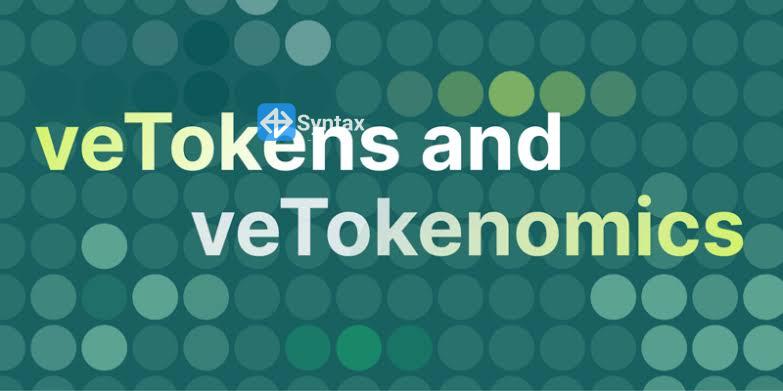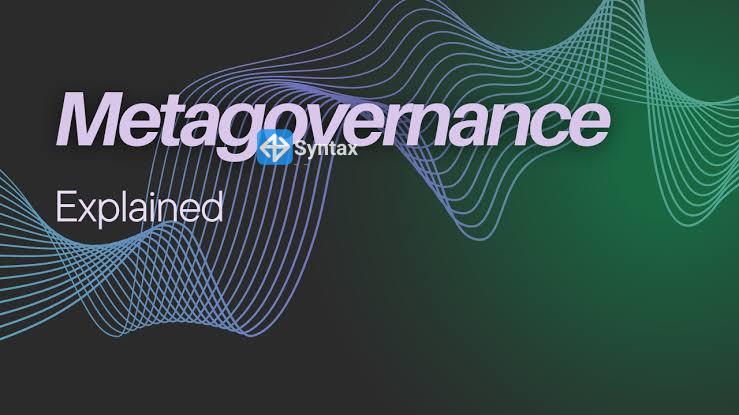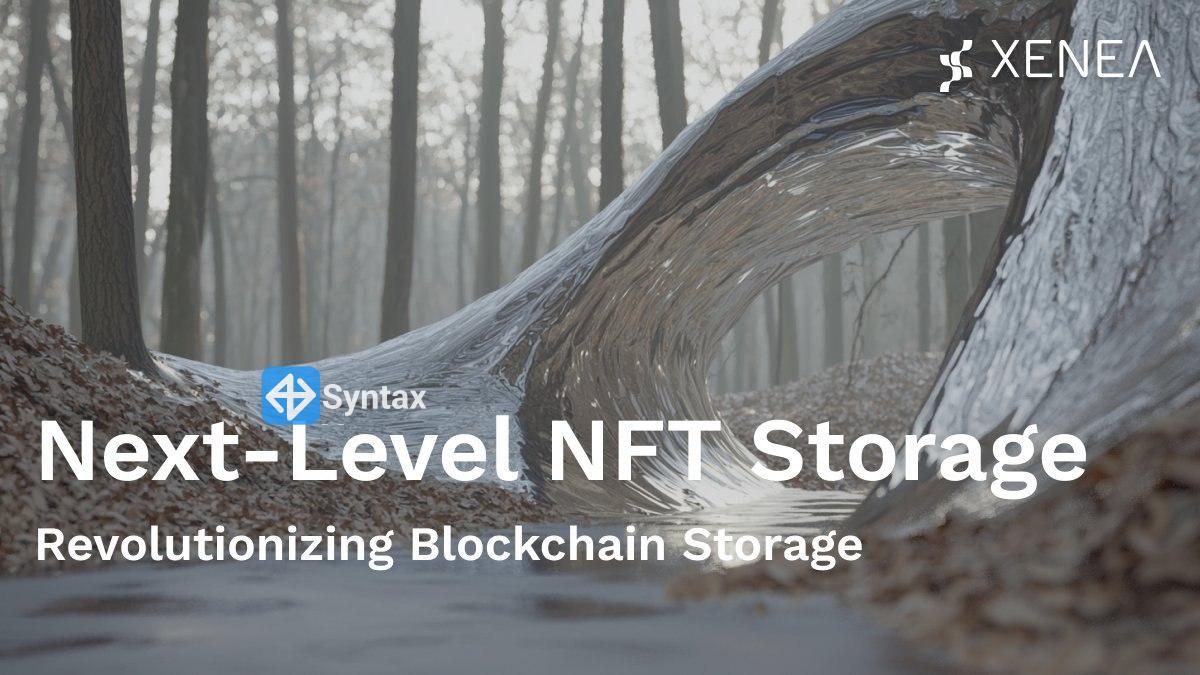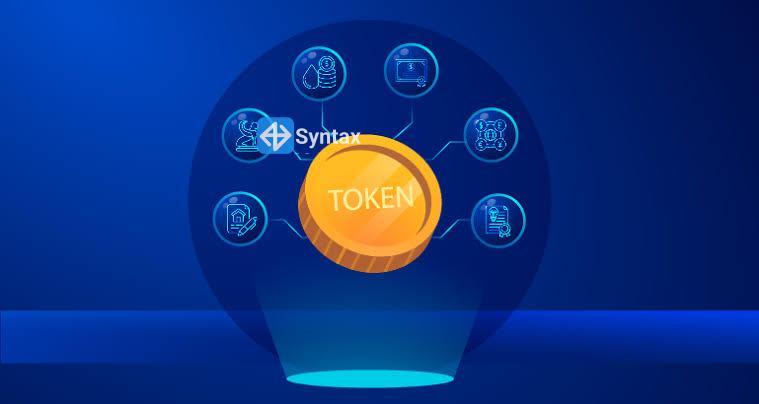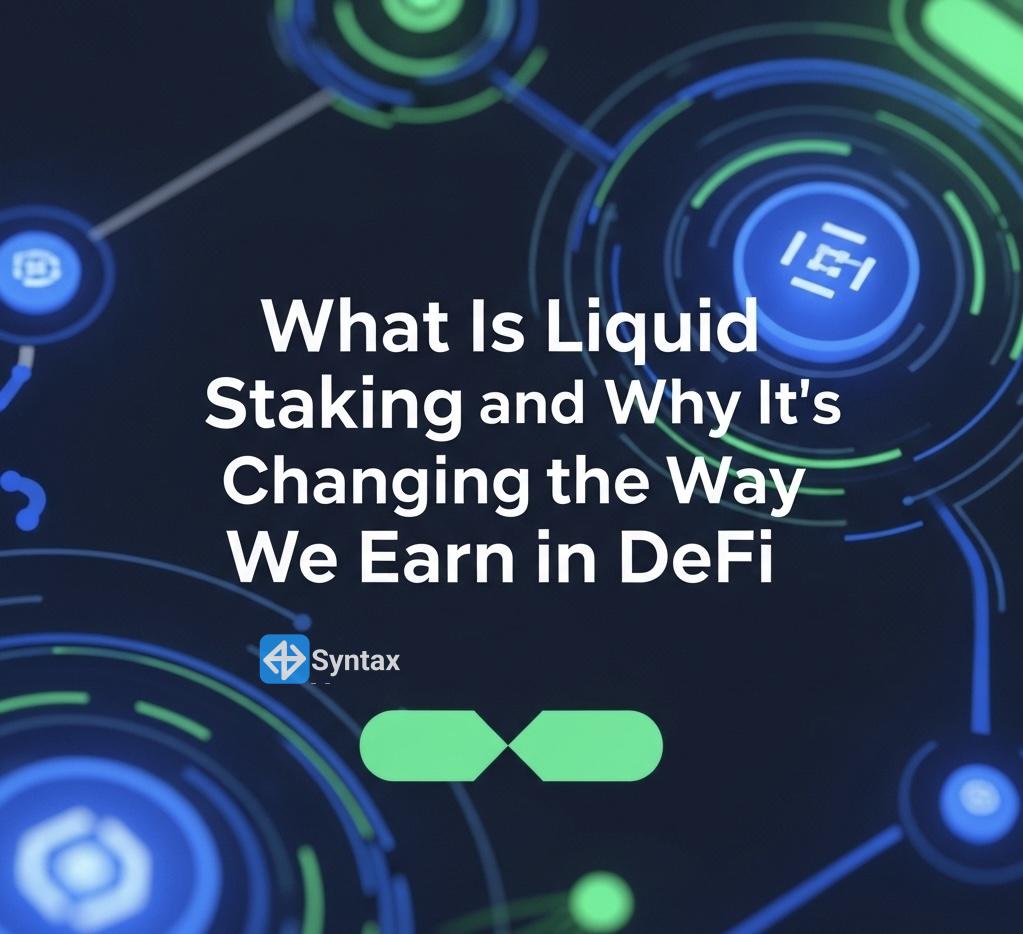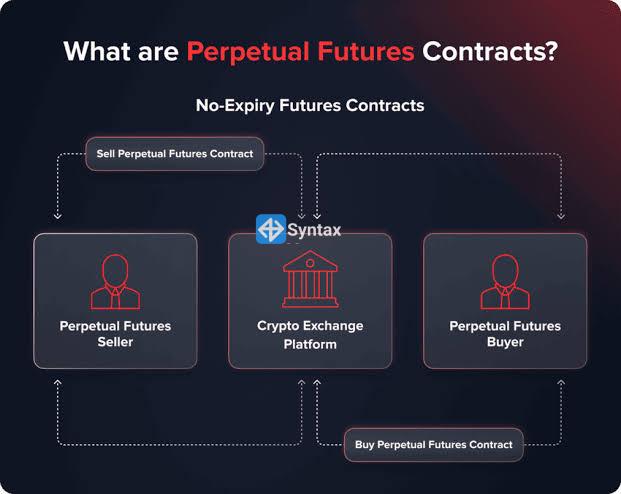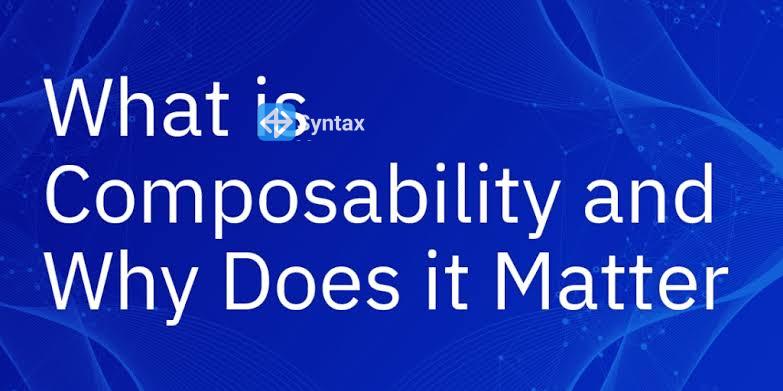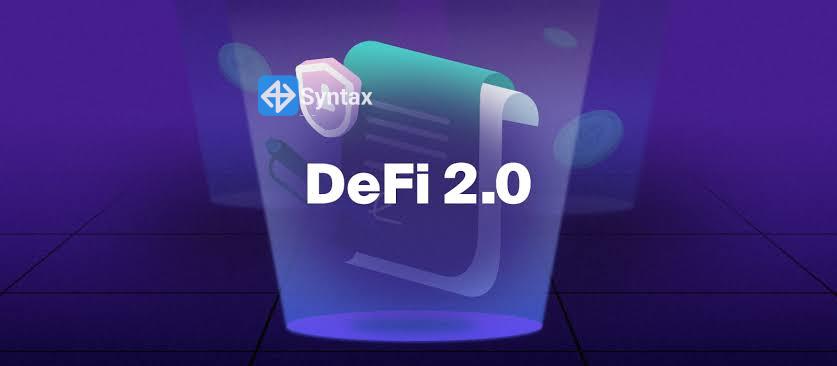A wallet is where you store, send, and receive your digital assets, but not all wallets are created equal. The big question most beginners ask is: Should I use a centralized wallet or a decentralized wallet?
Let’s explore what these options mean and how you can decide which one fits you best.
What Is a Centralized Wallet?
A centralized wallet is usually provided by an exchange, such as Binance, Coinbase, or Kraken. When you store your crypto here, the exchange technically controls your private keys. This means you rely on the company’s security and systems to safeguard your funds.
Pros:
- Very easy to set up and use
- Suitable for beginners
- Often integrated with trading platforms for fast buying and selling
- Customer support available
Cons:
- You don’t fully own your crypto (“Not your keys, not your coins”)
- Risk of hacks or restrictions if the exchange gets compromised
- Can be frozen due to regulatory or compliance issues
What Is a Decentralized Wallet?
A decentralized wallet (non-custodial) puts you in complete control of your assets. Examples include MetaMask, Trust Wallet, and hardware wallets like Ledger. With these, you control your private keys, and no third party can limit or freeze your funds.
Pros:
- Full ownership of your crypto
- Works with decentralized applications (DeFi, NFTs, staking, etc.)
- No one can block or freeze your wallet
- Often more privacy
Cons:
- Requires more technical knowledge
- If you lose your private keys or seed phrase, your funds are gone forever
- No direct customer support if mistakes happen
How to Decide Which Wallet Is Right for You
1. Beginner vs Experienced User
- If you’re new to crypto, a centralized wallet might feel safer and easier.
- If you’re experienced and want full control, a decentralized wallet is the way to go.
2. Trading vs Holding
- For active traders, centralized wallets are convenient since they connect directly to exchanges.
- For long-term holders (HODLers), decentralized wallets provide better security and control.
3. Security vs Convenience
- Centralized wallets offer convenience but at the cost of control.
- Decentralized wallets prioritize security and ownership but require more responsibility.
Choosing between a centralized and decentralized crypto wallet comes down to your goals, knowledge, and risk tolerance. If you prioritize ease of use, centralized wallets are a good starting point. But if you value independence and want true ownership of your digital assets, decentralized wallets give you that freedom.
At the end of the day, some users even combine both, using a centralized wallet for trading and a decentralized one for long-term storage. The key is to understand your needs and make an informed choice.



